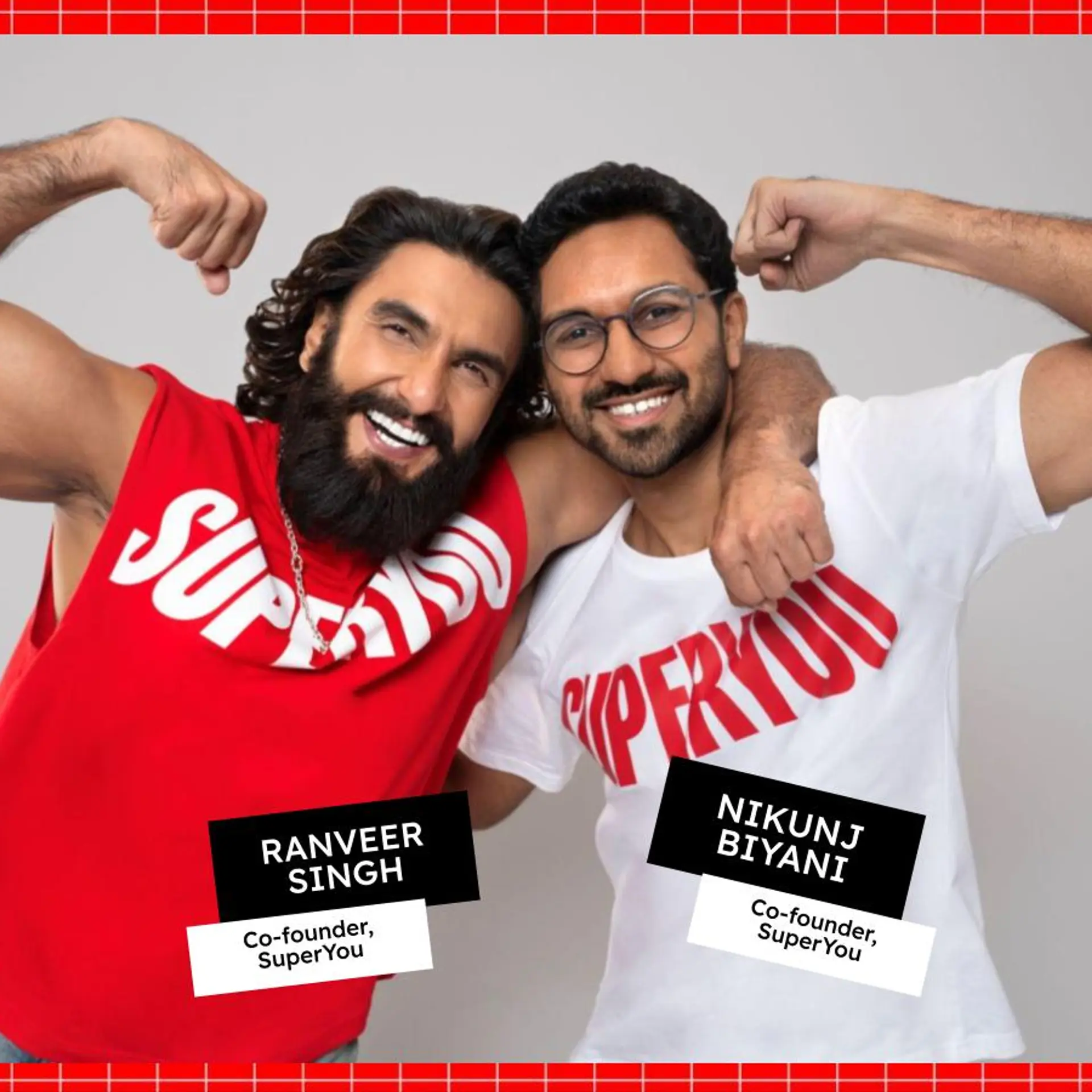[100 Emerging Women Leaders] This entrepreneur is enabling women from rural India become financially independent
Sonali Mehta is the Co-founder and Chief Growth Office of Awaaz.De, a tech startup that works towards making finance accessible for India's underbanked.
Born and brought up to Indian parents in the United States, Sonali Mehta was well aware of her privileges. She went to the prestigious New York University for her Bachelor’s in International Relations and was living a comfortable life. But she knew that not everyone was lucky to get such opportunities.
“It’s easy for us who live in the big cities to forget that the majority of India’s population live in rural areas that often do not have access to opportunities that can be life-changing. Be it gender, caste, race, when people are limited from opportunities, we miss out on a lot of potentials,” says Mehta.
After working closely with social enterprises based both in the US and India, Sonali decided to devote her career to helping the underprivileged in India get access to equal opportunities.
In 2015, Mehta co-founded , a social tech enterprise that develops inclusive mobile solutions (with capabilities in Interactive Voice Response, SMS, mobile apps, and web) that enable organisations to achieve last-mile connectivity for social impact.
With over 680,000 users in 12 countries, the company develops customisable mobile technology solutions for a diverse set of clients.
Shifting base to India
Mehta was 12 years old when she first visited India. As time passed by, her visits to the country became more frequent, thanks to her internships with Indian social enterprises.
Mehta could not help but fall in love with the diverse cultures and arts of India.
“I used to travel to and from India owing to the kind of internships that I picked. But every time I went back to New York, I used to miss India a lot--the diversity, culture, and the artists from across the country,” recalls Mehta.
In 2010, Mehta founded her first company called Mela Artisans, a luxury lifestyle brand, with the help of her father. The brand sold furniture, decorative items, accessories, and more which were handcrafted by Indian artisans. The idea was to help rural artisans from across the country tap into the global market.
But Mehta wanted to come closer to India. Soon, she met Shivani Siroya, the co-founder and CEO of the fintech company Tala. At that time, Tala was based out of India and was working closely with the rural population of the country.
“It was Shivani who pushed me to shift base to India in 2013. She wanted me to handle the operations as it was scaling. Although I spent only about a year or so with Tala, I learnt so much by working closely with rural India. I realised that I came from the US with a lot of presumptions. For instance, I used to think that a woman who has a phone and SMS service will be using it in her daily life, but that is hardly the case,” says Mehta.
She then began spending time understanding the problems faced by the rural population in having access to banking services.
Starting Awaaz.De
After her stint with Tala, Mehta decided to part ways and met Neil Patel in 2015 who was then working towards developing a tech platform that addressed the underbanked population of India.
“Neil was working on this idea to address the problem, which actually came from his PhD research. The idea was basically to sit with the rural population, understand their problems, and then design a tech solution instead of copy-pasting something that has been designed and adopted in the Silicon Valley,” Mehta recalls.
Mehta felt that her experience in fintech and entrepreneurship combined with Neil’s top class technology background could do something meaningful. Thus, the duo co-founded Awaaz.De in 2015.
“Neil and I share the vision of building technology for the wellbeing of people instead of just building technology for the sake of doing so,” Mehta adds.
Overcoming barriers
After years of interacting with the rural populace in India, Mehta feels that while barriers like access to technology or the internet are rapidly breaking down, there are subtle, internalised barriers set against women.
“Across the economic spectrum, women living in a deeply patriarchal society are raised with beliefs that they need to be perfectionists, please everybody, not be assertive, be overly apologetic, etc. We internalise these beliefs. So, we need to keep everything in mind while we work on a technology that enables financial inclusion of women in rural areas,” Mehta says.
She adds that she is working on confronting and overcoming the internal biases within herself such as being overly apologetic. Mehta feels that a strong support system is a good way to tackle these barriers.
“Many times, I find myself in a room full of people talking about the financial inclusion of women, but there is hardly any woman in the room apart from myself. But a strong network of women who are your peers and mentors can support you outside these rooms to overcome many of these internalised barriers. We need to talk openly about them no matter how tiresome it might get to continuously acknowledge the existence of these biases,” concludes Mehta.
Edited by Megha Reddy


![[100 Emerging Women Leaders] This entrepreneur is enabling women from rural India become financially independent](https://images.yourstory.com/cs/4/0911f29093a911ec98ee9fbd8fa414a8/CopyofImageTaggingnoframesEditorialTeamMaster-2023-03-01T165524-1677669931724.jpg?mode=crop&crop=faces&ar=2%3A1&format=auto&w=1920&q=75)




